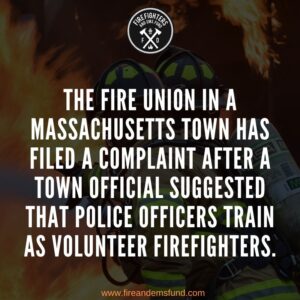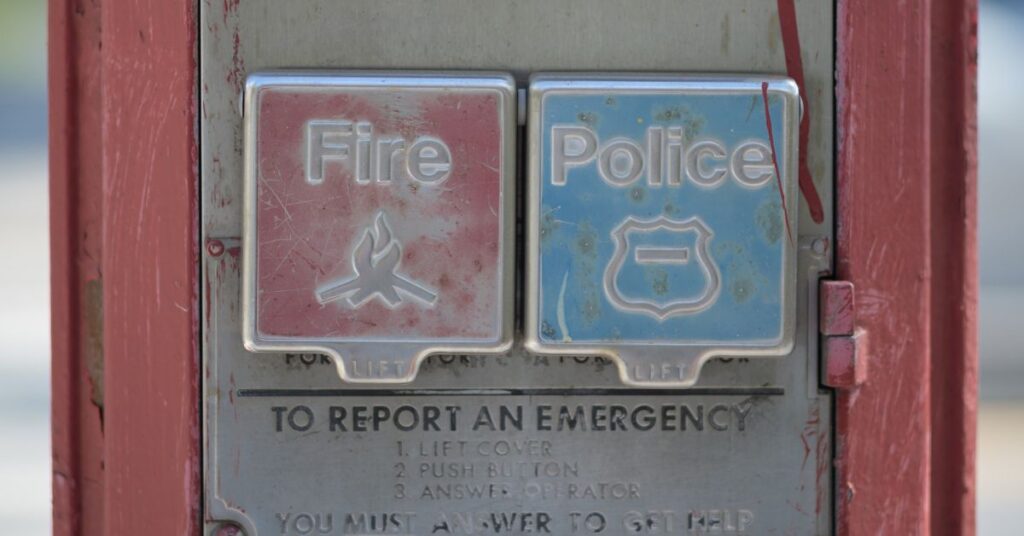The fire union in a small Massachusetts town, Manchester-by-the-Sea, has filed a complaint after a town official suggested that police officers train as volunteer firefighters. The suggestion has sparked a debate about the benefits and drawbacks of combining fire and police departments and training officers to serve in both roles.
On the one hand, proponents argue that combining fire and police departments could lead to more efficient and cost-effective public safety services. By training police officers as firefighters, towns and cities could save money on staffing and training costs. Additionally, officers trained in both roles could respond to emergencies more quickly and effectively, as they would better understand the overall emergency response system.
However, opponents of the idea argue that training police officers as firefighters could be dangerous and counterproductive. Firefighting is a highly specialized skill, and it takes years of training and experience to become proficient. Officers, who are already trained in a different set of skills, may need to gain the necessary knowledge and experience to safely and effectively fight fires.
There is also concern that combining fire and police departments could lead to conflicts of interest and a lack of accountability. For example, suppose a police officer who is also a firefighter is involved in a fire-related incident. In that case, there may be questions about whether they are acting in the community’s best interest or protecting their own interests.

The fire union’s complaint in this particular Massachusetts town is an example of the opposition to combining fire and police departments. The union argues that training police officers as volunteer firefighters would put both officers and the public at risk. In their complaint, they cite concerns about the potential for firefighters to be injured or killed due to lack of experience and the risk of officers being injured or killed in fire-related incidents.
Additionally, the fire union argues that the suggestion to train police officers as volunteer firefighters is an attempt to undermine the role and importance of professional firefighters. The union argues that the town is risking public safety by relying on volunteers who may need to gain the necessary experience or training.
There are already some communities in which firefighters and police officers work together closely and even some in which they are combined into a single department. These communities argue that combining departments leads to better coordination and cooperation and is more efficient and cost-effective than having separate departments.
In the case of the fire union’s complaint in Massachusetts, how the town will respond remains to be seen. The suggestion to train police officers as volunteer firefighters may be abandoned. It may lead to a larger discussion about the potential benefits and drawbacks of combining fire and police departments.
Ultimately, the goal of any public safety department should be to provide the best possible service to the community. Whether that is achieved through separate departments or a combined department, it is essential to ensure that public safety is always the top priority. By weighing the pros and cons and carefully considering the potential benefits and drawbacks, communities can make informed decisions about providing their residents with the highest public safety services.
Image Credit: Photo by Michael Jin on Unsplash









